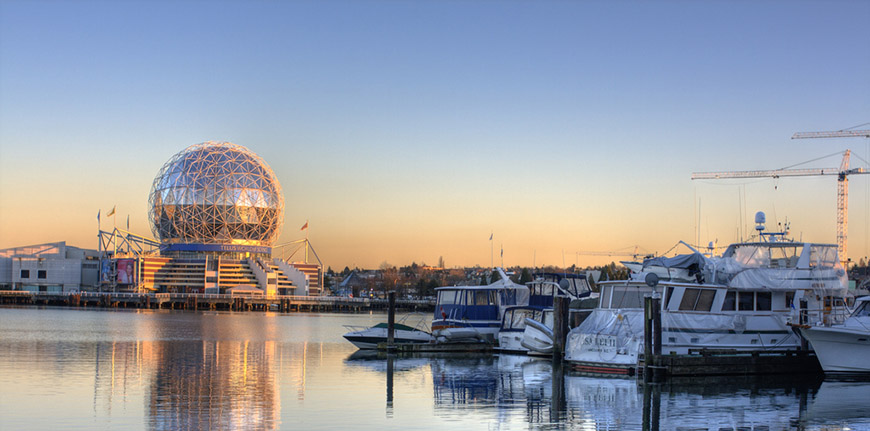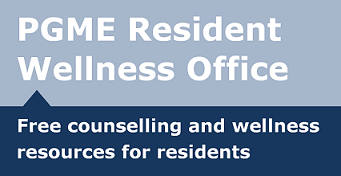
Thank you for considering the UBC CCFP-EM program. All of our graduates will tell you that their EM year was both the most challenging and rewarding of all of their training. As an applicant, you have several great programs to choose from across Canada. Listed are some strengths of our program.
- 10-14 weeks in the busy inner-city emergency department of St Paul’s Hospital where
they are the senior resident on all shifts - Additional 16 weeks of emergency medicine training at distributed sites:
- 4 weeks at the community and trauma ED of Lion’s Gate Hospital
- 4 weeks at the busy tertiary care trauma centre at Royal Columbia Hospital
- 4 weeks in one of the regional centers of either Nanaimo Regional Hospital, Prince George Regional Hospital, or Royal Inland Hospital in Kamloops
- 4 weeks of pediatric emergency medicine at quaternary referral centre of BC
Children’s Hospital
- 4 weeks of emergency with a focus on orthopedic injury at Whistler Health Care
Clinic/ED - 4 weeks of trauma at Royal Columbian Hospital or Vancouver General Hospital. Several residents every year do this rotation in one of three hospitals in South Africa.
- 6 weeks of ICU in a senior resident role at either St Pauls, Royal Columbian or Surrey Memorial Hospitals
- 3 weeks of CCU at St Paul’s Hospital
- 2 weeks of pediatric anesthesia
- 2 weeks of adult anesthesia
- 4 weeks of REEEPO (Radiology, Research, ENT, EDE, EHS, Plastics, Poison control, Ophthalmology). This block consists of 8 emergency shifts at St. Paul's focused on ultrasound training. Remaining time is allocated to additional training time at specialist clinics and EHS ride alongs.
- Family medicine longitudinal experiences can be arranged
St. Paul’s Hospital
This is the main hospital site for the CCFP-EM program. St. Paul's is a busy, fascinating and gritty tertiary-care hospital in the heart of downtown Vancouver with an annual census of 88K.
Lions Gate Hospital
Community hospital in North Vancouver that serves as a trauma center. It is the referral center for the North Shore and the Sea-to-Sky corridor. A truly full spectrum Emergency Department. It has an annual census of approximately 55K.
Royal Columbian Hospital
Royal Columbian Hospital is a hectic tertiary care referral and trauma center in New Westminster that serves the Fraser Valley. Their annual ED census is approximately 67K.
Nanaimo Regional Hospital
Located on Vancouver Island, NGH has an annual census of approximately 60,000. They are provincial leaders in ultrasound training and have recently started a distributed EM training program.
Prince George Regional Hospital
Prince George is the largest city in northern BC and has a busy and full-spectrum emergency department with an annual census of approximately 45,000.
Royal Inland Hospital
Royal Inland Hospital is a full-spectrum regional referral center with a busy emergency department that sees a lot of trauma. It has an annual census of approximately 64,000.
We provide the opportunity for our residents to become certified as “Independent Practitioners” by the Canadian Emergency Ultrasound Society. To this end, all residents complete an introductory EDE course at the beginning of the training year. They are then supported to complete 200 proctored US scans and a written and visual exam over the course of the training year. The UBC Department of Emergency Medicine offers a 12-month ultrasound fellowship. Residents have the opportunity to attend training sessions with fellows and staff during their REEEPO block. Several CFPC-EM residents have gone on to complete the full 12 months of ultrasound fellowship training.
We make regular use of high fidelity simulation sessions at both Lions Gate and St. Paul’s hospital. Residents are also key participants in full emergency staff ED in-situ simulation training at St. Pauls Hospital. Each EM resident is responsible for facilitating a simulation session for PGY-1 family medicine residents.
There is a rigorous weekly academic day that consists of various learning opportunities. Every week there is a core content lecture and discussion session held with the UBC Royal College EM program residents.
Additional sessions with all EM staff include monthly SPH EM Department Grand Rounds, monthly Morbidity and Mortality (M&M) rounds, and UBC EM Provincial Grand Rounds. Over the course of their training year, EM residents are responsible for giving one state of the art presentation at Grand Rounds and 2 smaller presentations at M&M rounds.
Resident EM-based radiology, ECG, and research rounds occur monthly.
During the last three months of EM training, there are additional “Transitioning to practice” sessions scheduled. These sessions are designed and driven by EM residents with an EM staff to discuss nuances of real-life EM practice.
All residents are provided with a HIPPOEM subscription for the training year. All residents attend the St. Paul’s Hospital Emergency Medicine Update Conference in Whistler. Several EM-specific workshops and courses are given over the year and include:
- 3-day introduction to “being a great EM resident boot camp” in the first week of the year
- Airway course
- Cadaver procedure course
- PALS
- ED Ultrasound (EDE1)
- UBC EM research day
- Palliative care in the ED workshop
- Teaching to teach - Residents as teachers workshop
There are monthly evening journal club sessions at a staff member’s home. Each EM resident is responsible for presenting at these sessions. There are no formal research requirements of the program. However, any interested resident is encouraged to participate in any of the multiple research projects ongoing within the Department of Emergency Medicine at UBC. We will also help support any research efforts and training requests specific to the individual resident. Simulation sessions and oral exam practice sessions are also incorporated into these busy and fulfilling weekly training days!
There are regular practice oral exam sessions throughout the year. There is a practice written exam in the spring.
We strive to meet the training needs of each resident and are always open to creating specific training opportunities when requested. Residents have some autonomy with shift scheduling.

We have several social events throughout the year including a welcome party, the St. Paul’s Hospital Emergency Medicine Update Conference, a two-day winter retreat in
January and a graduation party.